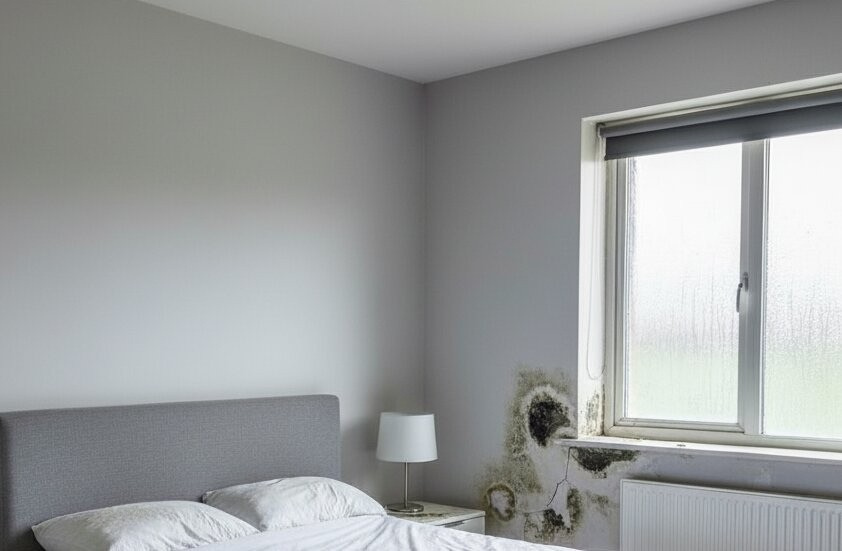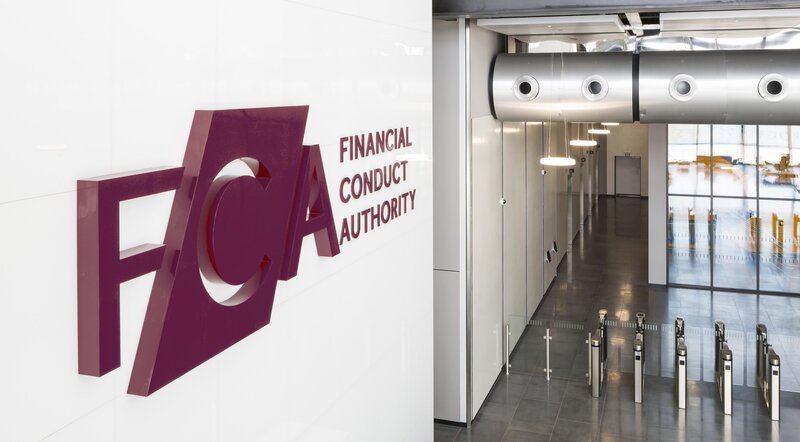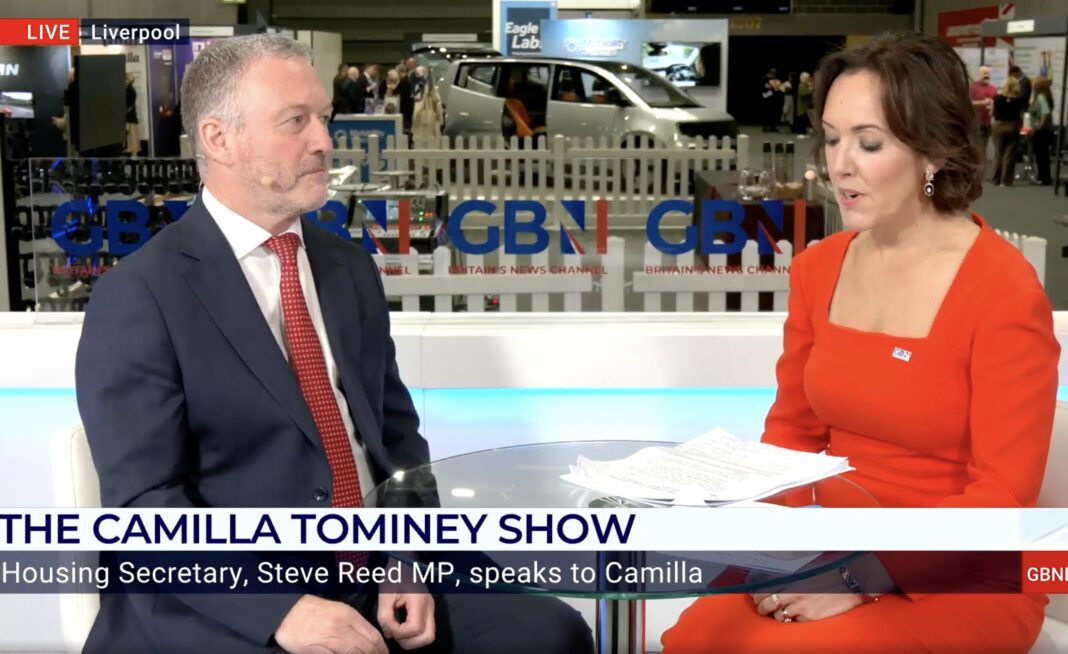Almost 430,000 social rented homes in England continue to fall short of minimum quality requirements, according to new analysis by property technology firm Inventory Base.
The figures, drawn from the English Housing Survey, show that one in 10 social homes does not meet the Decent Homes Standard (DHS) – more than 20 years after the framework was introduced.
The DHS requires landlords, including local authorities and housing associations, to maintain properties to minimum repair, safety and comfort levels.
Non-compliance risks fines, enforcement notices and, in some cases, criminal prosecution.
AWAAB’S LAW
The findings come just weeks before the introduction of Awaab’s Law on 27 October, which compels social landlords to fix emergency hazards such as damp and mould within strict timeframes.
Named after two-year-old Awaab Ishak, who died in 2020 after prolonged exposure to mould in a Rochdale housing association flat, the law has been widely welcomed as a watershed moment for tenant safety.
Yet the numbers suggest that compliance will come at a significant cost. Housing associations are already grappling with inflation in materials and labour, alongside the need to invest heavily in decarbonisation and energy efficiency upgrades.
Analysts warn that directing resources into Awaab’s Law compliance could stretch already pressured balance sheets.
Progress on DHS compliance illustrates the challenge. In 2013, around 593,000 social homes failed to meet the standard. By 2023 that had fallen to 428,000, but Inventory Base forecasts that 405,000 properties will still be classed as “non-decent” by the end of 2025.
HARD TRUTHS

Sián Hemming-Metcalfe, Operations Director at Inventory Base, says: “This persistent gap underlines a hard truth: legislation alone cannot drive meaningful change without robust enforcement and proactive management.
“Awaab’s Law is a vital step, but unless landlords move to regular inspections, comprehensive logging of issues and auditable digital workflows, the delays that have plagued DHS compliance are likely to resurface.”
PROACTIVE INSPECTION
For many housing associations, compliance will require shifting from reactive maintenance – waiting for tenants to report issues – to proactive inspection regimes, backed by investment in digital monitoring systems.
That will mean higher upfront costs but potentially lower long-term liabilities by reducing disrepair claims and compensation payouts.
The implications extend beyond the social sector. The Government’s planned Renters’ Rights Bill is expected to impose stricter requirements on private landlords, creating similar financial and operational pressures.
Hemming-Metcalfe adds: “Transparency and timely action are no longer optional. They are operational necessities in an era of heightened scrutiny.”










